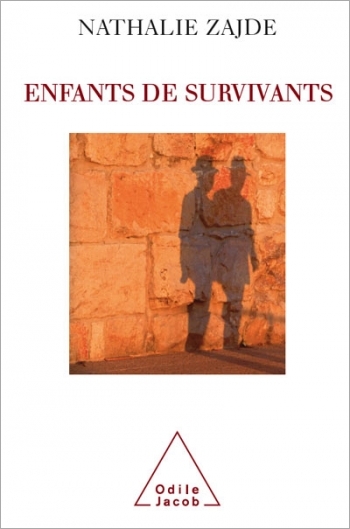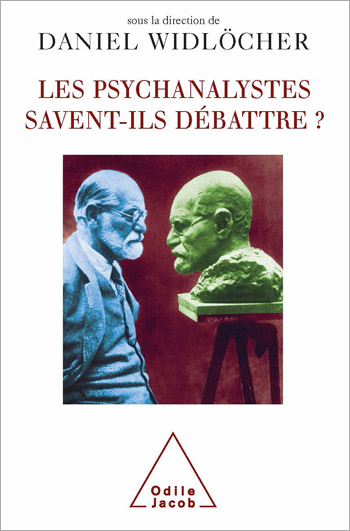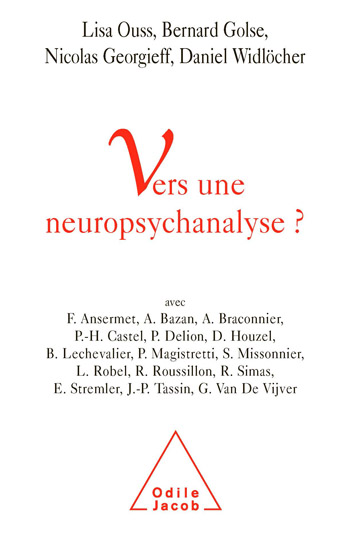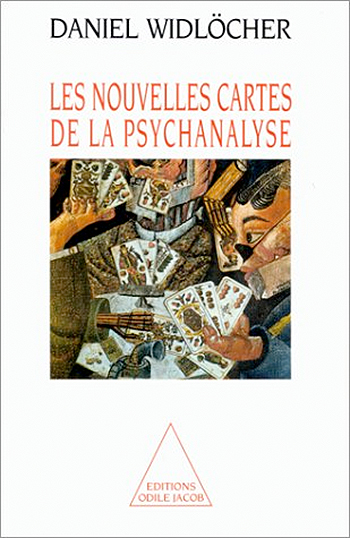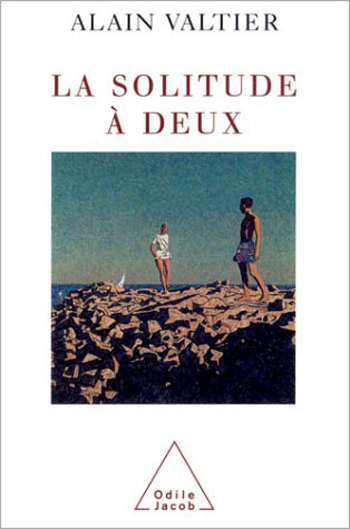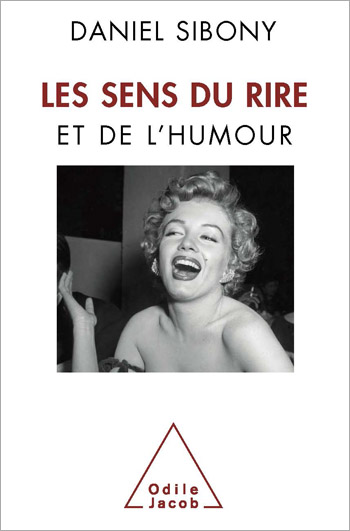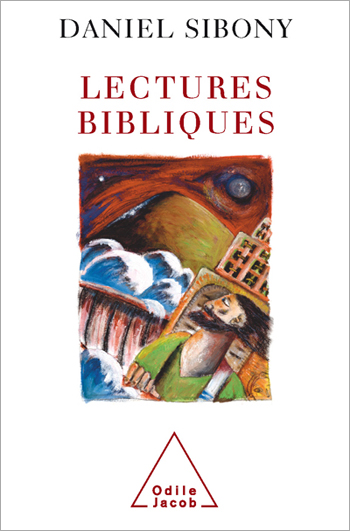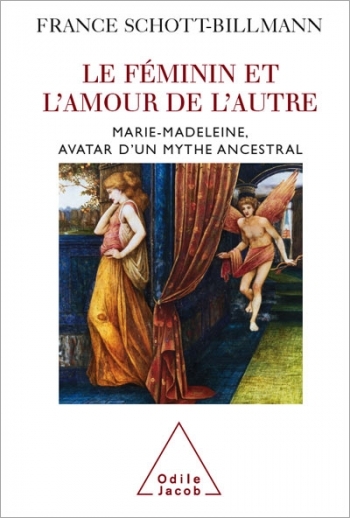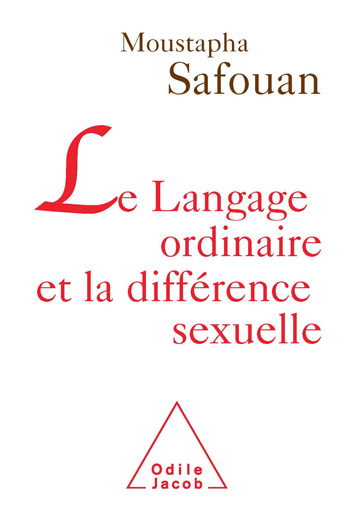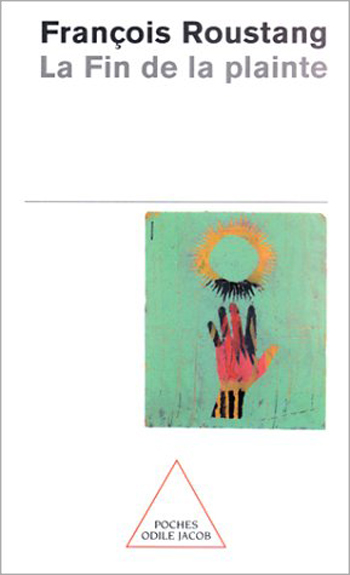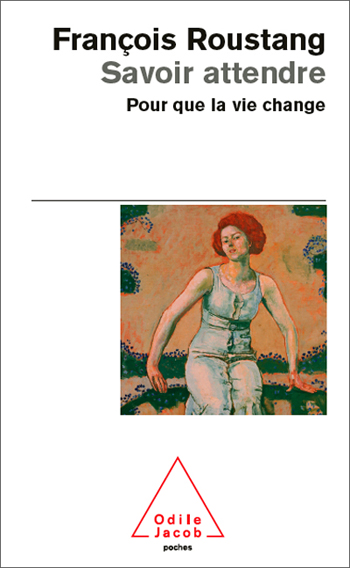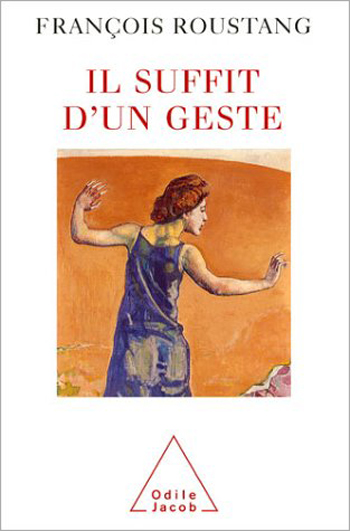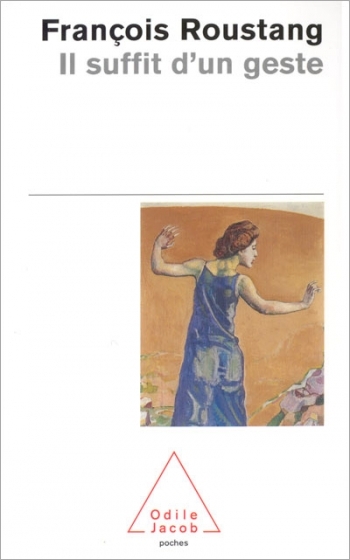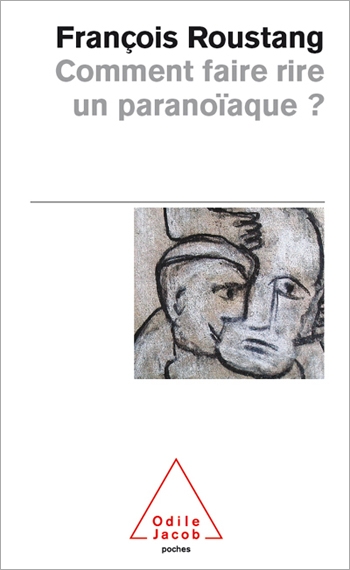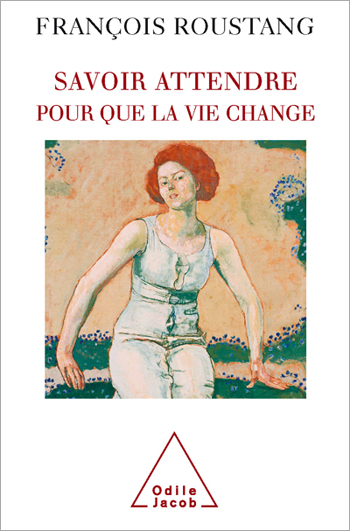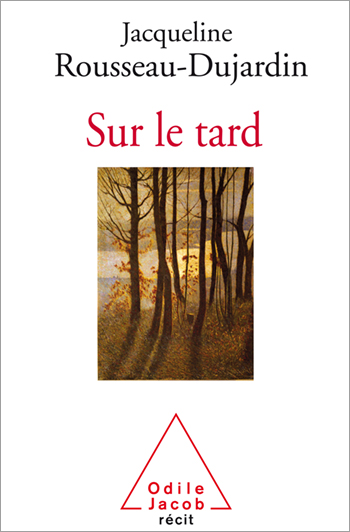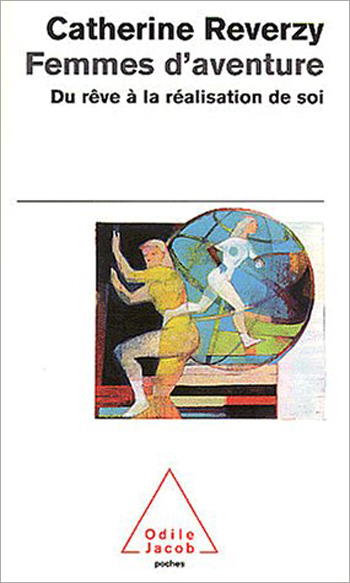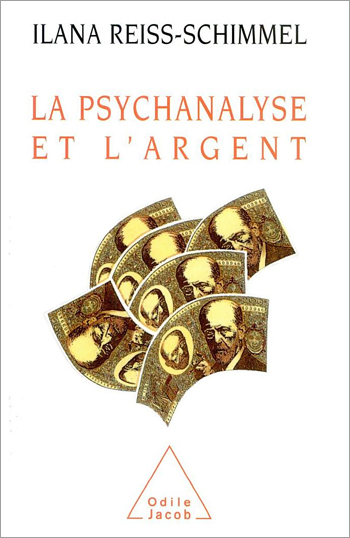Psychoanalysis All books
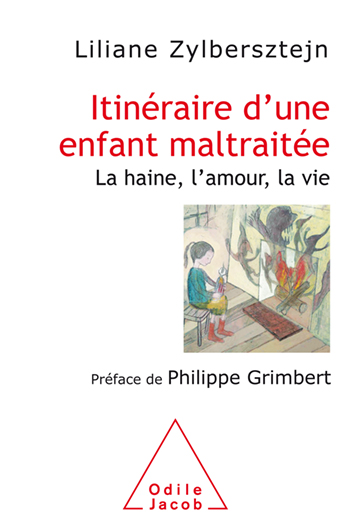
Liliane Zylbersztejn
Itinerary of an Abused Child Hate, love, and life
A powerful testimony enriched with a reflection on children’s psychological defences against abuse. Seen as a positive psychological process, this approach to hatred — an unusual concept — can light the path of many people who consider themselves affected.
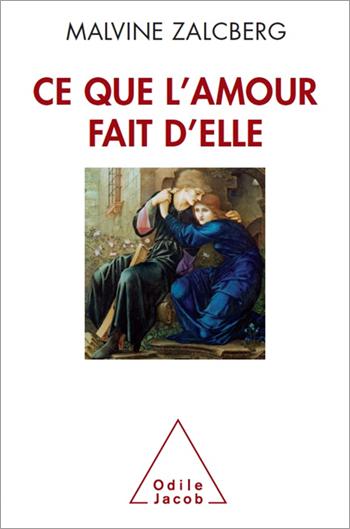
Malvine Zalcberg
Women in Love — What Love Does to Them
Why does love seem to play a more significant role in a woman’s life than in a man’s?
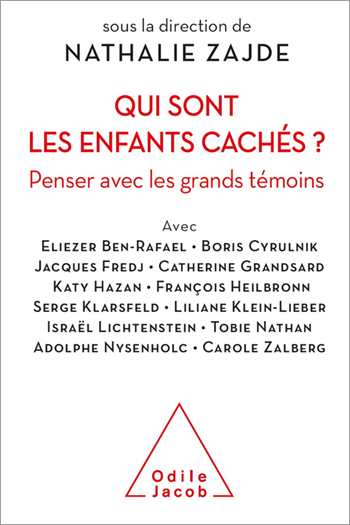
Nathalie Zajde
Who Were the Hidden Children? Thinking With the Major Witnesses
Nathalie Zajde continues to research the psychological trauma and the identity of children who were hidden during the Holocaust
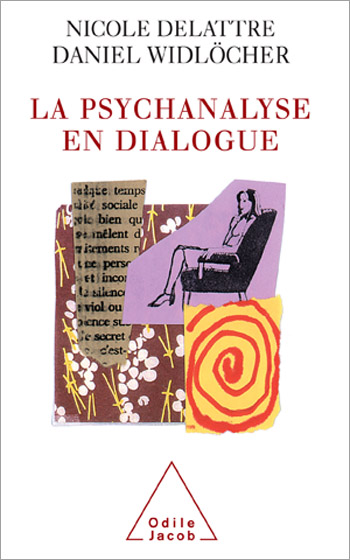
Nicole Delattre, Daniel Widlöcher
Reviewing Psychoanalysis
The task that the authors, Nicole Delattre et Daniel Widlöcher, have set themselves in this book is to take stock of what is useful and reliable in psychoanalysis today. Daniel Widlöcher sets out his view of this unique discipline, and the great concepts that it brings together, in addition to observing its pioneers and different spheres. In particular, he outlines his vision of the future of psychoanalysis, which is presently enjoying a revival. A professor at the University Pierre et Marie Curie, Daniel Widlöcher has for many years headed the psychiatry department at the Salpêtrière Hospital in Paris. He is the president of the International Association of Psychoanalysis and is notably the author of Métapsychologie du sens, of Logiques de la dépression and of Nouvelles Cartes de la psychanalyse. Nicole Delattre is a professor of philosophy
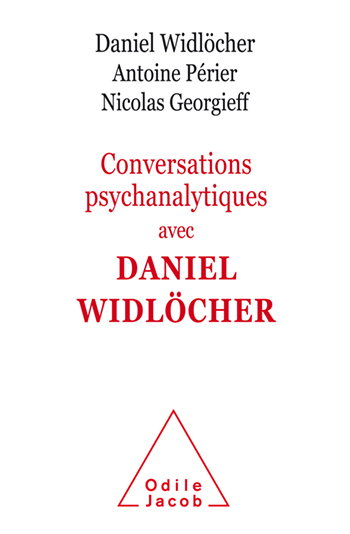
Daniel Widlöcher, Antoine Périer, Nicolas Georgieff
Around Daniel Widlöcher: Psychoanalytical Conversations with Antoine Périer and Nicolas Georgieff
These conversations with Daniel Widlöcher are of particular importance: he is one of the last great figures in French psychoanalysis of the post-war generation.
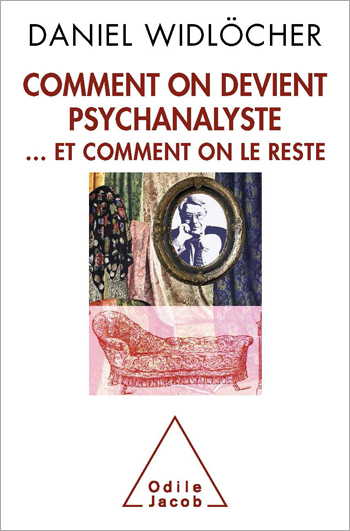
Daniel Widlöcher
How to Become a Psychoanalyst And Not Give Up
A master of psychoanalysis recounts how his career and his thinking made him who he is
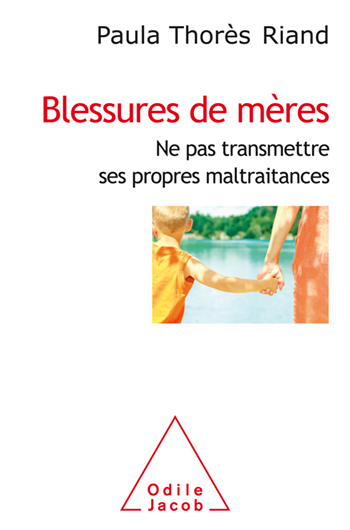
Paula Thorès Riand
Wounds of the Mother Don’t Pass on Your Own Abuse
An analysis of the mechanism that puts into place a mother/child relationship influenced by a complicated mother/daughter relationship.
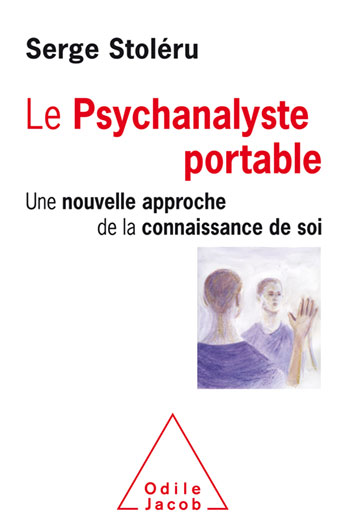
Serge Stoléru
The Portable Psychoanalyst A New Approach for Self-Knowledge
A both philosophical and psychoanalytical justification of a desire for self-knowledge. A concrete and lively text due to the presentation of real cases.
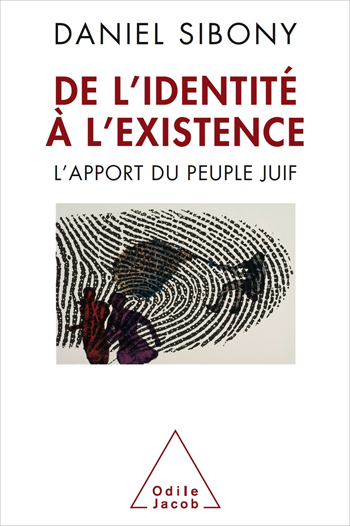
Daniel Sibony
From Identity to Existence The Jewish People’s Contribution
How the uniqueness of the Jewish people can help us all —Jews and non-Jews
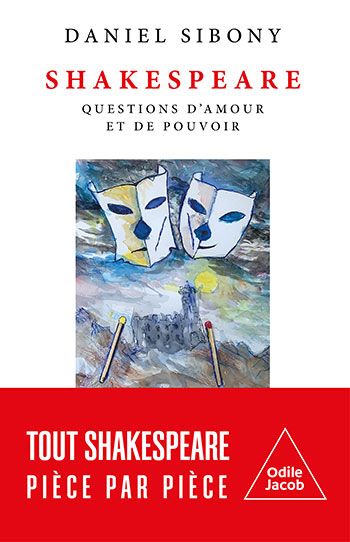
Daniel Sibony
Shakespeare
An author popular with readers interested in psychoanalysis and books about literature. A highly original and exhaustive examination of one of the world’s most popular playwrights.
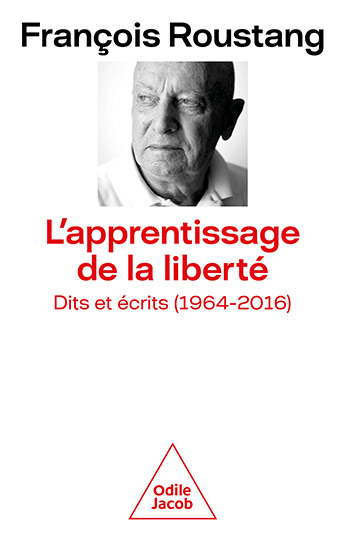
François Roustang
Learning to Be Free Spoken and Written Words (1964-2016)
The first complete volume that traces the famous therapist’s career path and embraces his entire intellectual legacy, which is a source of new and fruitful perspectives in psychotherapy.
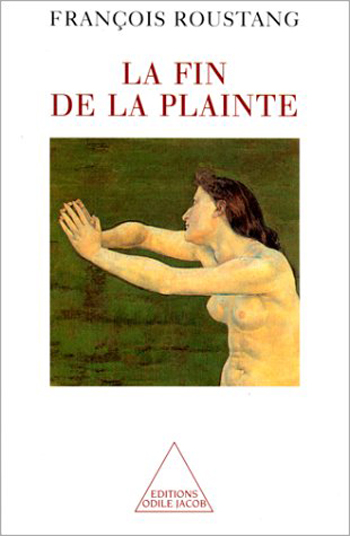
François Roustang
The End of Complaining
What is the most common reason for going to a therapist? Most patients say it is wanting to change. By the same token, they complain about their present lives. According to François Roustang, all forms of complaining must be dropped; patients must forget their precious egos which serve only to nurture more complaining and whining. Once patients have let go of these trappings, they will be able to remould their lives. This book offers a powerful criticism of traditional therapy and of its failure to reach its avowed goal: to help us to change. It argues for a spiritual approach to inner development. François Roustang is a philosopher, psychoanalyst and unconventional practitioner.
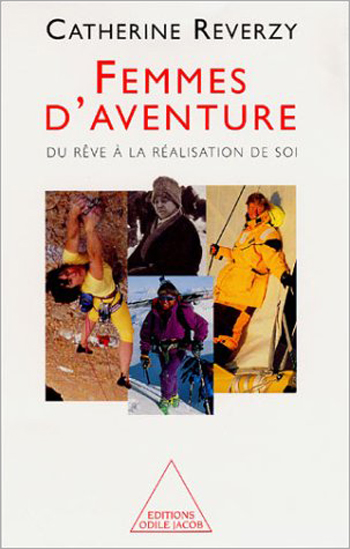
Catherine Reverzy
Women of Adventure From Dream to Self-Realisation
More and more women are becoming involved in extreme sports, accomplishing major feats, participating in dangerous expeditions and unorthodox adventures. Who are these intrepid women who are willing to face great physical dangers, push their own limits, or even risk their lives, for the sake of a cause, an ideal or simply a powerful desire? Why and how do these women succeed in returning safely from dangerous expeditions that most people would be unable to cope with? What in their past made them capable of taking such risks? Is there an explanation for their great self-confidence and for their trust in the world around them? Catherine Reverzy is a psychiatrist and psychoanalyst.

